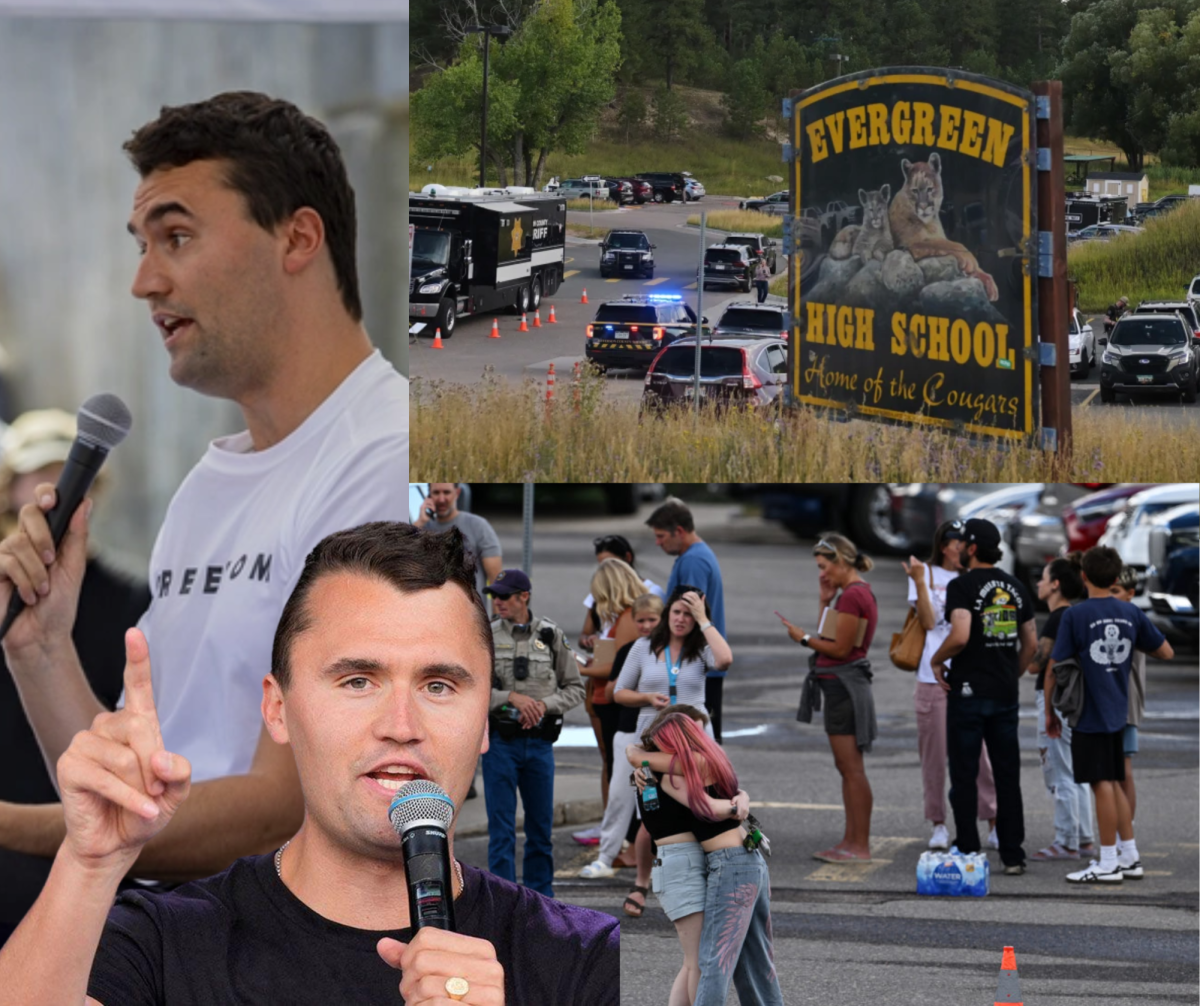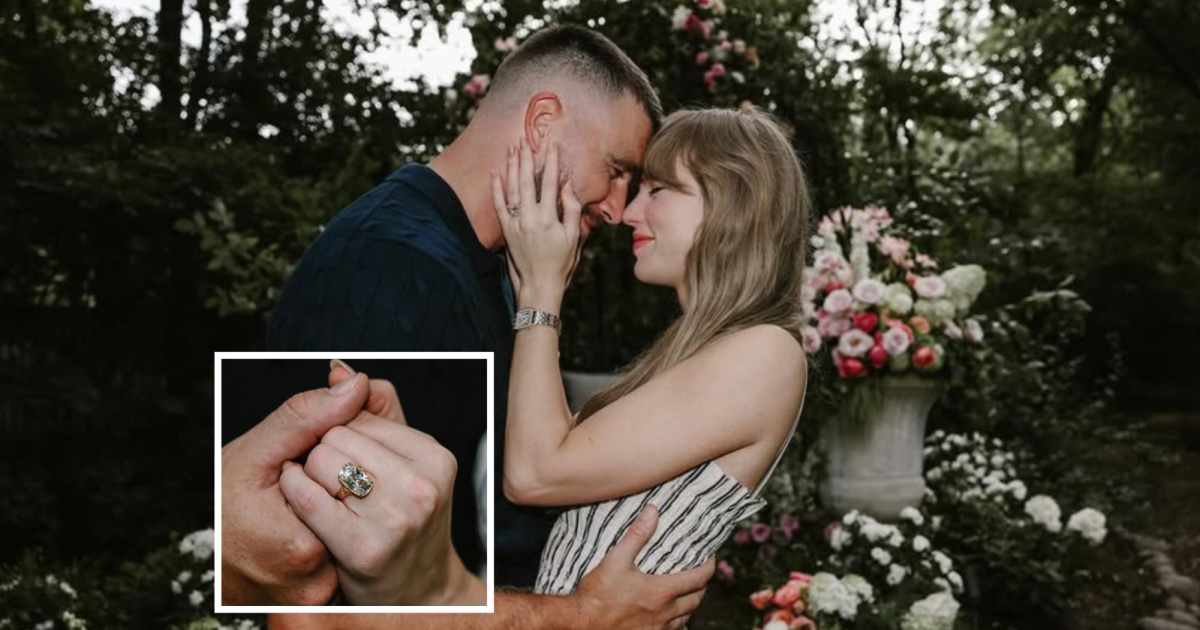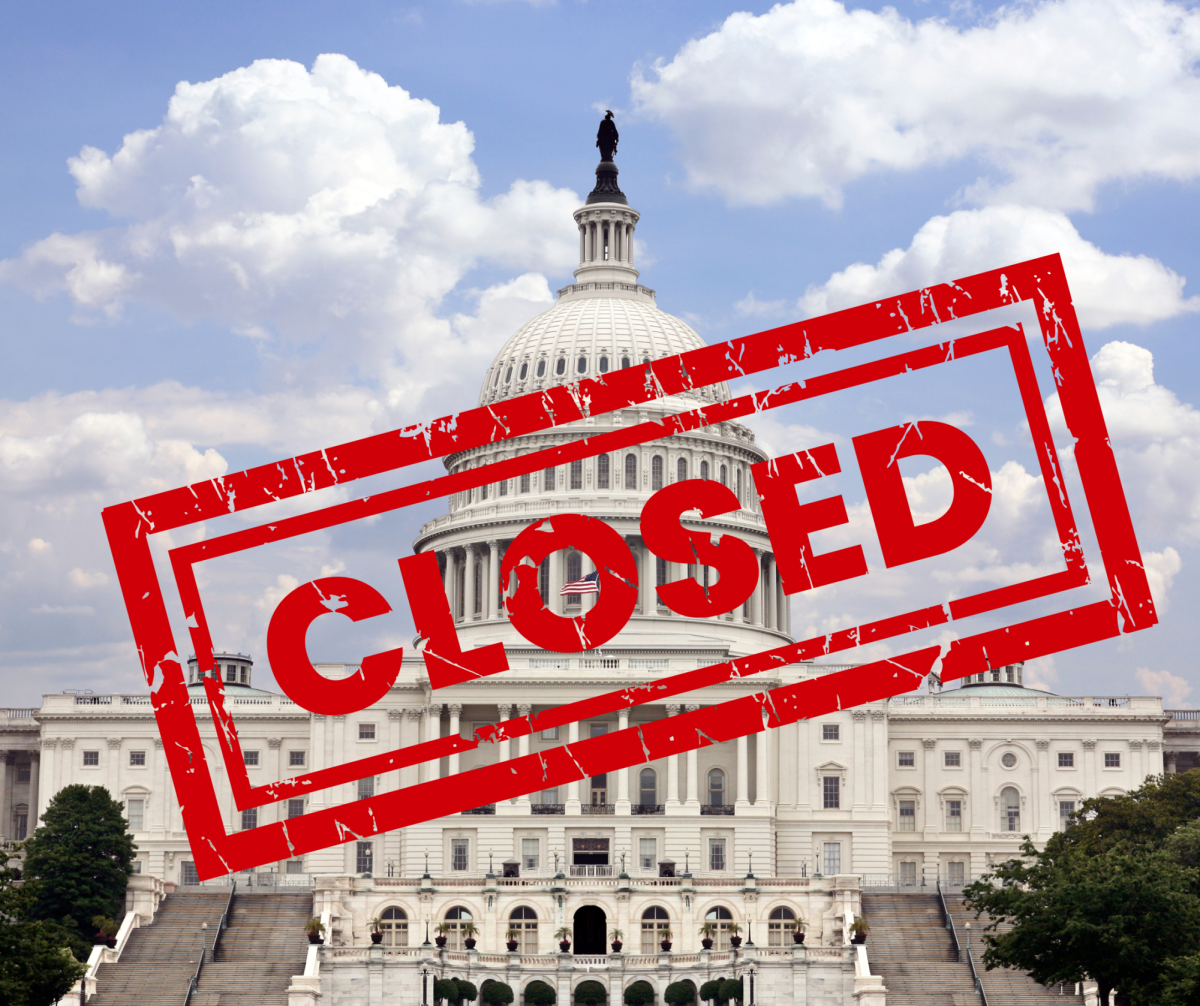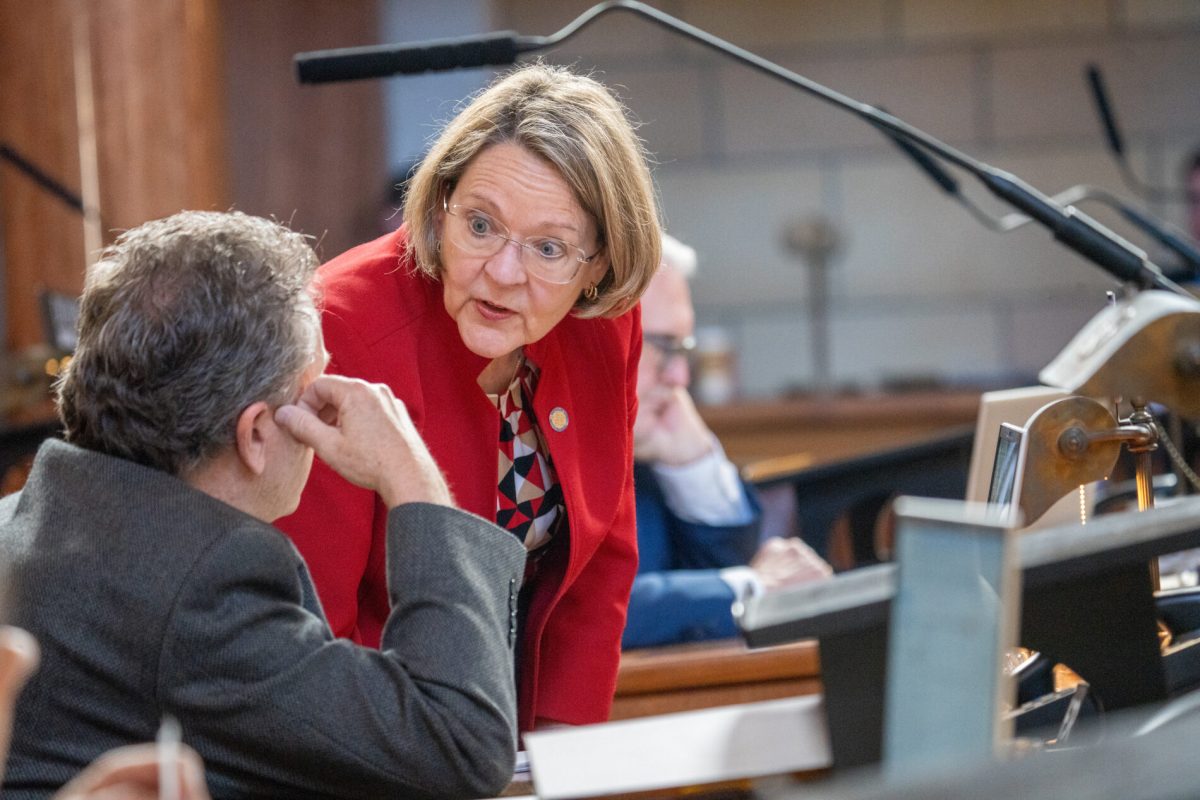Last Monday, Pope Francis, the leader of the Catholic Church, died from cardiac arrest after suffering a stroke. As one of, if not the most important, religious leaders, his death is a subject of many questions, like what this will mean for the future of the Church, Catholics, and the world as a whole.
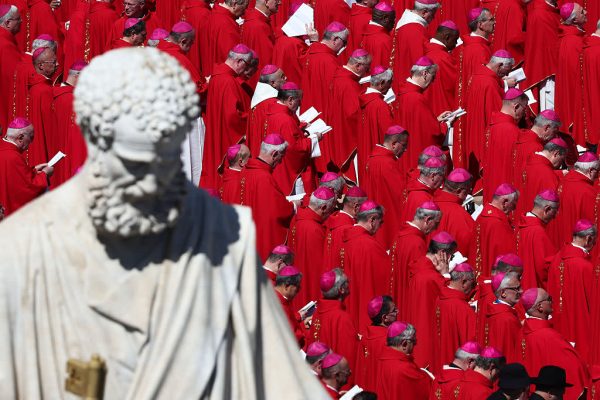
The position of the pope, more formally the Bishop of Rome, is the most powerful position within the Catholic Church, tasked with directing the church and issuing spiritual guidance. Popes are also the rulers of the Holy See and the Vatican City, a tiny city-state in the middle of Rome. Pope Francis was born in Argentina and is of Italian descent; he was ordained as a priest, rose to the rank of Archbishop of Buenos Aires, and eventually became a cardinal (a single step below the Pope). Upon Pope Benedict XVI’s resignation because of old age, he was voted to become the new Pope and ascended to the position in 2013. Relative to other popes, Pope Francis was very progressive; he critiqued elements of capitalism and advocated for the poor, was more accepting of LGBT people than past popes, and was a strong supporter of immigration. His death is significant not just religiously but politically, as it opens a vacuum that a more conservative pope could replace.
The pope is elected by cardinals among themselves, of which there are 235, but only 135 are eligible to vote. In around one to two, they will convene to form a conclave in the Sistine Chapel, sealing it to maintain absolute secrecy. Conclaves do not have a deadline on making a decision—they can take as long as they want—but it generally takes anywhere from two to five days. The voting process involves religious and political campaigning. Because a ⅔ supermajority is required to elect a new pope, the election process will likely see many, many rounds of voting, with each round marked by the burning of ballots and black smoke being given off by the chapel’s chimney.
It’s almost impossible to accurately predict who will become the next pope, partly due to the secrecy and rarity of conclaves. As the old Italian saying goes, “He who enters a conclave as a pope, leaves it as a cardinal.” However, there are several candidates who possess traits and qualifications favored in a new pope—these candidates are known as papabile. Thanks to many of the cardinals being appointed by Francis, they reflect a huge geographic diversity. Here are some likely candidates:
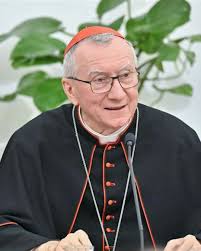
Pietro Parolin – Italy, 70
Out of all the candidates, Parolin likely has the strongest odds: he is the secretary of state of the Holy See, one of the top positions within the Vatican. Though he is Italian, he has diplomatic experience across the world, and it is likely that he would take advantage of this to turn the Church into a diplomatic machine. In terms of political positions, Parolin is less clear, although it is likely he would continue many of the policies of Francis.

Luis Tagle – Philippines, 67
Tagle is unique in that he hails from the Philippines, which has a large Catholic majority, and if elected to the pope, he would become the first one from Asia. With a background in charity work as president of the Caritas Internationalis and a humble nature, his positions would likely mirror those of Francis’—an idea that has earned him the slightly uncreative name of “Asian Francis.” Like Francis, he is generally considered to be liberal and is sympathetic towards LGBT people, although he is also staunchly anti-abortion. The biggest obstacle to him winning the papacy is his age; because the pope serves for life or until resignation, cardinals are generally hesitant to vote for someone relatively young.

Peter Erdo – Hungary, 72
On the other side of the political spectrum is Peter Erdo. Born in the Iron Curtain, he became well-known for his criticism of communism, and rose to become the Archbishop of Esztergom–Budapest. Erdo is a critic of immigration and divorce, believing that those who have ended their marriage and remarried should not receive Holy Communion. His strongest advantage is that he is a compromise candidate, as he is more moderate than some of the other conservatives within the Vatican.
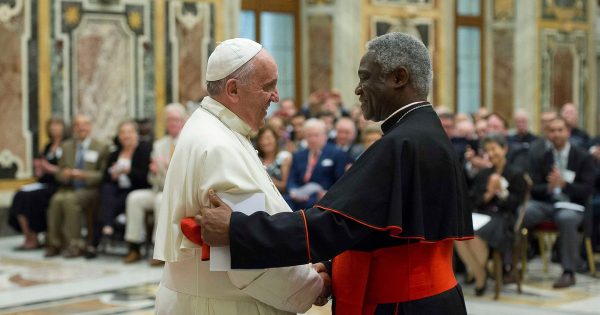
Peter Turkson – Ghana, 76
The chancellor of the Pontifical Academy of Sciences, Turkson’s African origin is a big boost, since the region has a large Catholic population but has generally been underrepresented within the Vatican. Like Erdo, Turkson is a conservative: he opposes sodomy and has expressed slight opposition to contraceptives, though he does not believe in the criminalization of homosexuality With so many cardinals appointed by Francis, it would be difficult for him to win, but his devout advocacy for alleviating poverty is similar to some of the work done some of the work done by Francis.
Of course, this list is not exhaustive. After all, any one of the 235 cardinals is a possible victor. While it might be interesting to speculate, we will not know who the next Pope is until the Sistine Chapel shows its historic white smoke.




